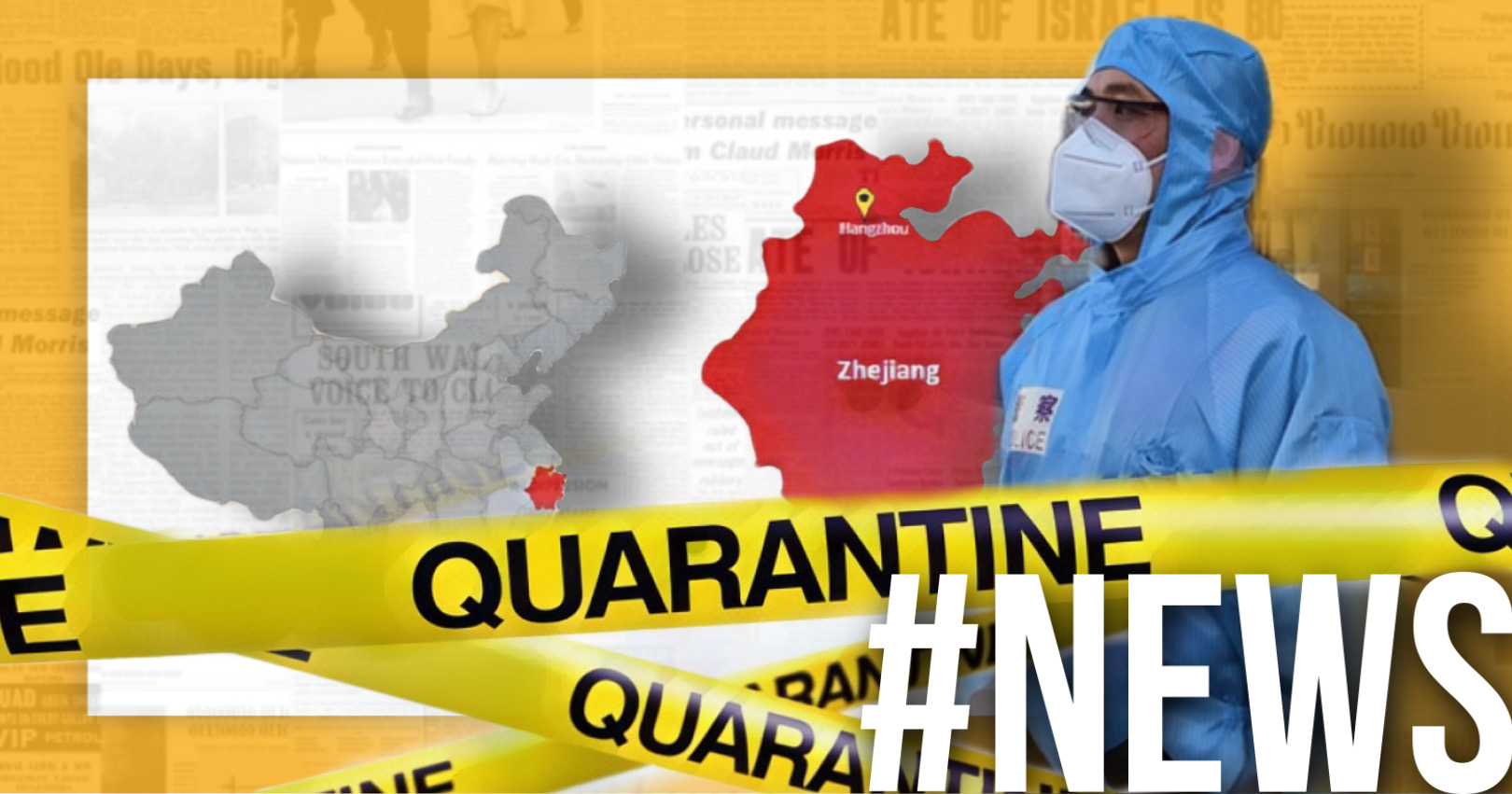Manufacturing in Shenzhen is shut down
On Sunday night, Shenzhen announced the heaviest lockdown since 2020 when the coronavirus first struck. All subway and bus services are halted and movement in communities is restricted.
The lockdown is scheduled to last until march, 20, reports South China Morning Post. The neighboring industrial city of Dongguan also followed up with similar measures on Monday.
Locking down Shenzhen, and the subsequent effect on the Yantian port will cause shipping delays across a wide range of products. Trucks holding manufactured goods or components are unable to enter the city this week, which could further produce delays.
A spokesperson from the shipping giant Maersk told Fortune the company was still “in the process of figuring out the impact” of the city closing down. Even if Shenzhen is locked down for just one week, the impacts could be widespread.
Why so serious?
China is still clinging onto the delusion of zero-Covid. With the very contagious but relatively low-impact Omicron, many countries concluded that the best policy was to focus on vaccinating and protecting the vulnerable, while letting the young and healthy take their chances, as we have always done with other respiratory viruses such as flu and the common cold.
According to the Financial Times, in Hong Kong the vast majority of even vulnerable people remain unvaccinated, for some reason, which has contributed to an exceptionally high death rate.
On top of that, the zero-Covid policy meant there had been very few cases there prior to this outbreak. The consequent near-absence of natural immunity among its population will also have exaggerated the sudden spike.
More Amazon news

How can New Year holidays in the US and Canada affect cargo delivery dates
Customs and shipping companies working schedule during the New Year Important information for more accurate forecasting of cargo processing speed in the US and Canada during the New Year holidays. Please note that Customs and shipping companies will not work during...

Major shutdowns in China due to new COVID outbreaks
Multiple companies in Zhejiang province have suspended operations due to COVID-19 outbreak, halting production of goods from batteries and clothing to textile dyes and plastics. Zhejiang is one of China's biggest and busiest manufacturing hubs. The local government...

Amazon is using sellers as a cash cow
Amazon collects a third of seller revenue A new study claims that Amazon makes far more from fees on its Marketplace platform than even the cash cow known as AWS, reports TechCrunch. According to the report by the Institute for Local Self-Reliance, sellers now give...


